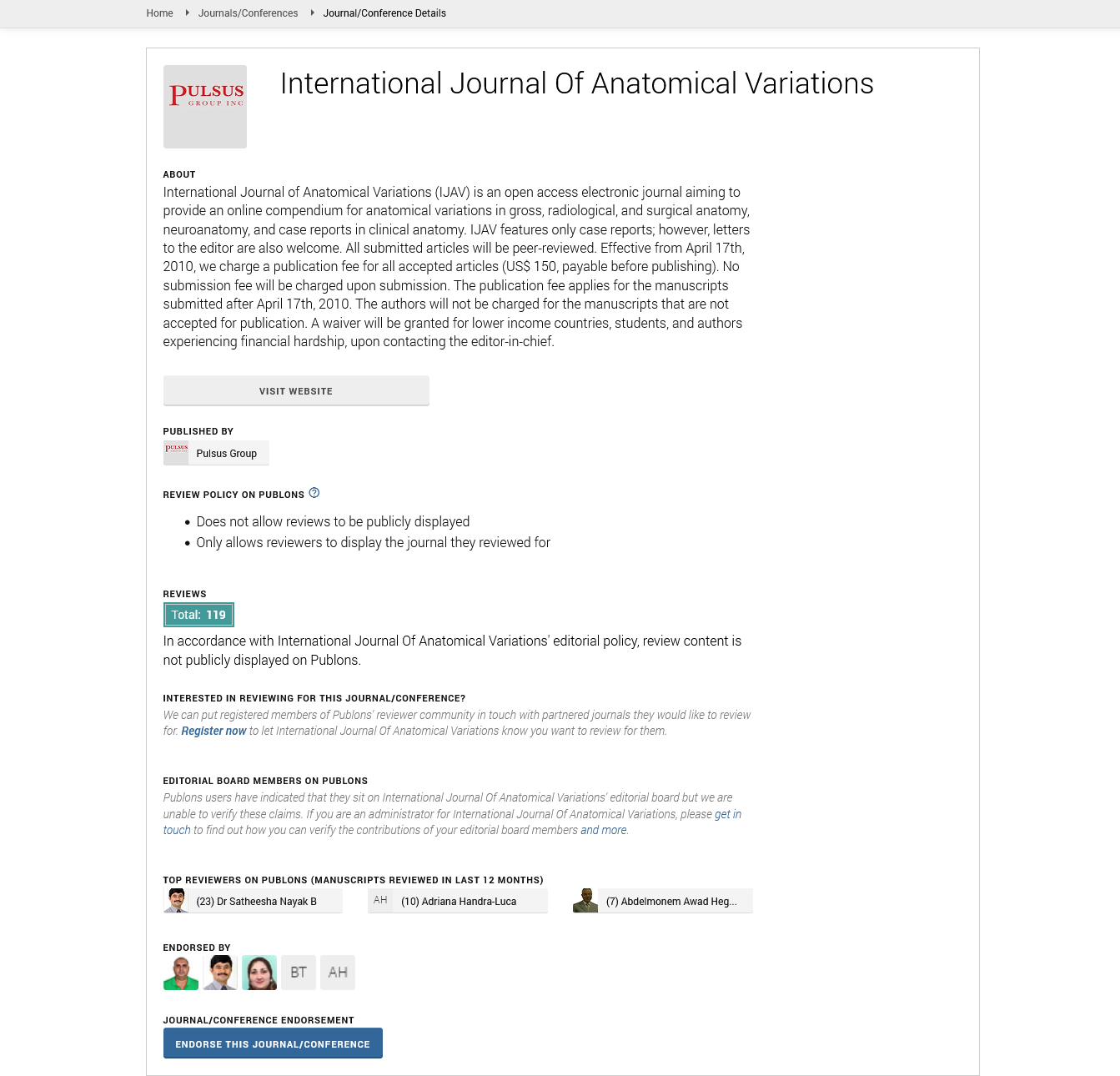
Sign up for email alert when new content gets added: Sign up
Abstract
Comprehensive Analysis of the Human Nervous System: Structural Variations and Functional Implications
Author(s): Arjun Kapoor*The human nervous system is a complex network of organs and tissues responsible for coordinating and controlling bodily functions. This study aims to provide a comprehensive analysis of the structural variations observed in the human nervous system and their functional implications. Through detailed anatomical dissections and neuroimaging techniques, we explored the organization of the central nervous system (CNS) and peripheral nervous system (PNS) across different demographics and physiological conditions. Our findings reveal significant variations in neural architecture, including variations in brain morphology, spinal cord organization, and distribution of peripheral nerves. These structural differences correlate with functional adaptations, such as sensory processing, motor coordination, and autonomic regulation. Furthermore, we discuss the clinical relevance of these variations in neurological disorders and therapeutic interventions. This research contributes to a deeper understanding of human anatomy, highlighting the intricate relationship between neural structure and function.
Full-Text | PDF





